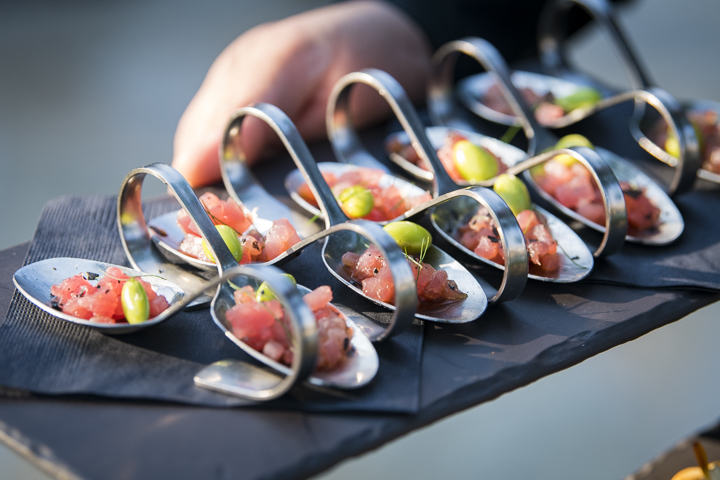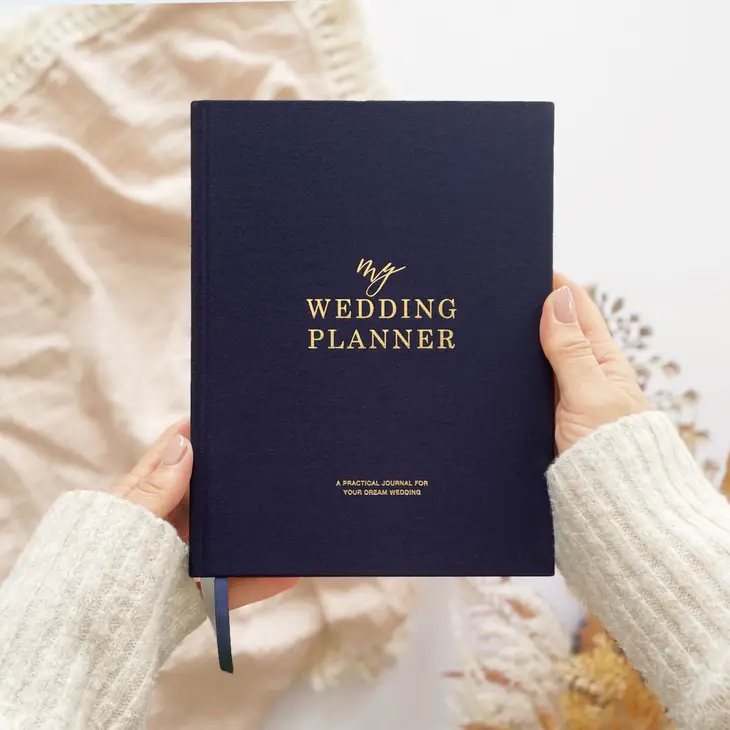Planning a wedding is an exciting journey filled with dreams, aspirations, and countless decisions. However, the abundance of options can often lead to decision paralysis and choice overload, leaving couples overwhelmed and uncertain. Delving into the fascinating realm of behavioral economics can help us better understand how decision-making processes are influenced during wedding planning.
Let’s begin by understanding decision paralysis. It refers to the state of being overwhelmed by the numerous choices available, which leads to difficulty in making a decision or even avoiding it altogether. Behavioral economics helps us understand why decision paralysis occurs and offers strategies to overcome it.
Decision Paralysis
Renowned psychologist Barry Schwartz introduced the concept of the “paradox of choice,” highlighting that while having choices is generally desirable, too many options can lead to decision-making difficulties. In his book “The Paradox of Choice” Schwartz argues that the abundance of choice in the western world is making us miserable. With plenty of wedding-related decisions, such as floral arrangements, colour schemes, and entertainment, couples can easily become paralysed by the fear of making the wrong choice.

The Usual Suspects getting their groove on. Image MM Photos
Planning a wedding involves gathering information from various sources, including vendors, websites, and recommendations. However, excessive information can overwhelm couples, making it challenging to process and evaluate all the details. This overload often leads to decision fatigue, diminishing the quality of choices made.
So, some strategies to overcome decision paralysis and make more confident decisions:
- Set Priorities and Define Non-negotiables: Begin by identifying the key elements that are most important to you and your partner. By setting priorities and determining non-negotiables, you can narrow down the choices and focus your attention on what truly matters. This approach helps in allocating time and resources effectively, reducing decision overload.
- Limit the Number of Options: Instead of exploring every available option, consider narrowing down your choices to a manageable number. Carefully curate a shortlist of vendors, venues, and other wedding elements based on your preferences and requirements. This step significantly reduces decision paralysis by streamlining the decision-making process.
- Seek Expert Advice: Consulting professionals, such as wedding planners or industry experts, can be immensely helpful in navigating the overwhelming number of choices. These experts possess the knowledge and experience to provide tailored recommendations based on your preferences, budget, and vision. Their expertise can streamline the decision-making process and alleviate decision paralysis.
Choice Overload
Now, let’s understand choice overload. It occurs when the sheer number of options available leads to decreased satisfaction with the chosen option or even a reluctance to make a decision. Again, behavioral economics sheds light on the causes and consequences of choice overload in the context of planning a wedding.
As the number of options increases, individuals tend to focus more on comparing and contrasting the alternatives rather than on the inherent value of each option. This comparative mindset can undermine the decision-making process, leading to a decreased likelihood of selecting the most suitable option.

Making a choice right down to the last canape. Image MM Photos
When faced with an overwhelming number of options, couples may experience regret and doubt after making a decision. The fear of missing out on a potentially better alternative contributes to post-decision dissonance. This psychological phenomenon can reduce overall satisfaction with the chosen option.

Finding the perfect venue. Decisions Decisions. The Convent, Hunter Valley. Image MM Photos
To combat choice overload and increase decision satisfaction, couples can consider the following strategies:
- Establish Decision Criteria: Clearly define the criteria that are most important to you and your partner. Consider factors such as budget, personal style, and overall wedding vision. By establishing decision criteria, you can narrow down options and focus on choices that align with your preferences, reducing the burden of choice overload.
- Embrace Satisficing: Satisficing is a concept coined by Herbert Simon, suggesting that individuals often settle for options that are “good enough” rather than pursuing the elusive “perfect” choice. Embracing satisficing allows you to make decisions more efficiently and avoid excessive time spent on exploring every possible option.
- Implement Decision Rules: Decision rules provide a systematic approach to making choices. For example, you can establish rules such as “select the first option that meets 80% of our criteria” or “choose the option with the highest overall rating based on our priorities.” Decision rules streamline the decision-making process, reducing the cognitive burden of evaluating each alternative extensively.
- Seek Social Validation: Social validation can help alleviate choice overload by seeking opinions and recommendations from trusted friends and family. Engage in conversations and share your dilemma with loved ones who understand your preferences. This external input can provide valuable insights and narrow down options, making the decision-making process more manageable.
- Emphasize Post-Decision Positivity: After making a choice, consciously focus on the positive aspects of your decision rather than dwelling on the missed opportunities. Remind yourself of the reasons behind your selection and the factors that led you to choose a particular option. This shift in mindset promotes post-decision satisfaction and reduces regret.
Wedding planning is an experience that should be fun and exciting, rather than burdened by decision paralysis and choice overload. By understanding the principles of behavioral economics, couples can navigate the complexities of decision-making and transform overwhelming choices into opportunities for meaningful experiences. Implementing strategies such as setting priorities, limiting options, seeking expert advice, and combating choice overload empowers couples to make confident decisions that align with your vision. So, embrace the process, trust your instincts, and apply the principles of behavioral economics to craft a wedding experience that is truly reflective of your dreams and aspirations. Happy planning!

